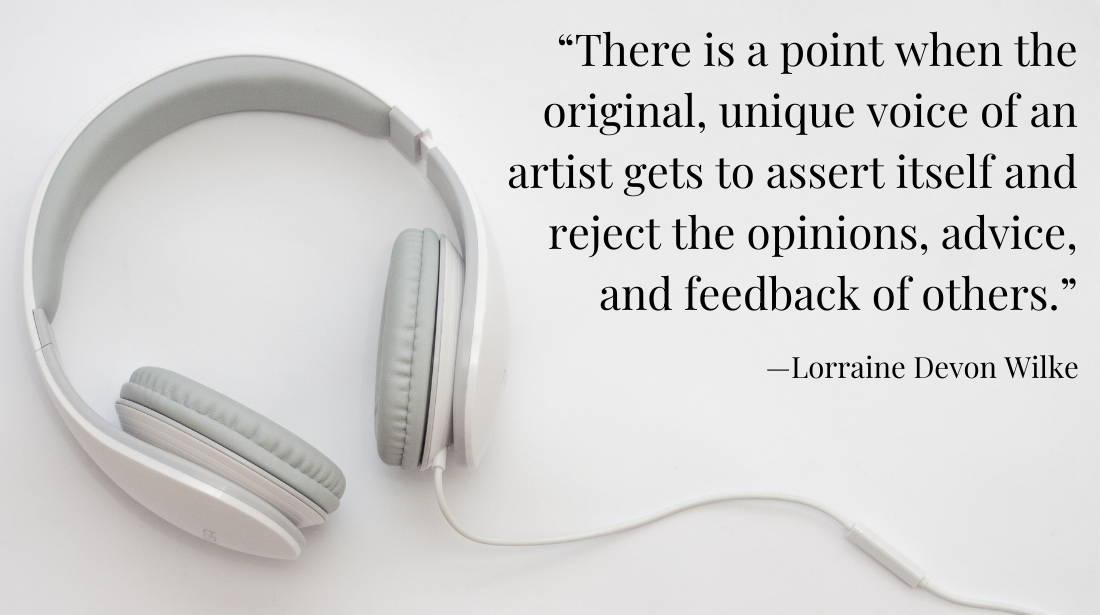Key Advice for Writing Fantasy
Paranormal writing is still hot… Whether you love the Twilight phenomenon or hate it, the buzz around teen vampires and werewolves is still going strong. If you’re into spooky writing—from…
Paranormal writing is still hot...
Whether you love the Twilight phenomenon or hate it, the buzz around teen vampires and werewolves is still going strong. If you’re into spooky writing—from the YA side of writing fantasy stories to things a bit darker (like horror writing)—times are both good and bad for you. Good because interest in paranormal writing is at an all time high. Bad because competition is stiff—there’s a ton of writers out there trying to do the same thing. Coming up with something original when it comes to fantasy writing can be challenging. Before setting down the road of trying to get your paranormal novel published, you’ll want to really polish it to perfection and do plenty of market research to make sure you’re ready to dive into the fray.
Fantasy writing advice from a pro...
A good source of advice for aspiring authors of paranormal novels is Steven Harper Piziks (who has penned books under the name Steven Harper, Steven Piziks, and Penny Drake). Piziks knows a thing or two about writing fantasy (as well as science fiction writing) having authored several novels including In the Company Mind, Corporate Mentality, and books based on Battle Star Galactica and The Ghost Whisperer, among others. He is also the author of Writing the Paranormal Novel: Techniques and Exercises for Weaving Supernatural Elements Into Your Story.
I had a chance to ask Piziks a few questions about writing fantasy and trying to get published. Here’s what he had to say:
What do you think is the main thing that sets writing a paranormal or supernatural novel apart from writing other kinds of fiction?
The need to explain the magic. It’s the biggest challenge, really. It’s so easy to use big expository lumps, but that bores the reader. On the other hand, you can explore fantastic themes and ideas that other kinds of fiction don’t get to touch.
Do you have any recommended strategies for writers on audience building?
Write the most enjoyable stories you can, and keep going! If you land a series, remember that most people read multiple books because they care about the characters and want to know what’s going on in their lives.
What about advice for writers seeking agents?
Visit the web site for the American Association of Authors’ Representatives (http://aaronline.org/). Use their search engine to match yourself up with agents who represents your genre of fiction, visit the agents’ web sites to see what kind of submissions they want, and follow their instructions to the letter!
What five books do you recommend fantasy writers read and why?
Jumper by Steven Gould: A great adventure story with an entirely empathetic, hugely likeable main character. You’ll want to be Davy’s best friend from the first page.
Wild Seed by Octavia E. Butler: Best. Book. Ever. Everyone raves about Kindred, but this one is much better. Octavia Butler is the master at yanking you into her story and never letting go, and then when you start noticing the themes and symbols, the story becomes more breathtaking.
The Catch Trap by Marion Zimmer Bradley: The best character novel I’ve ever read. It made me laugh and cry and ache and want to go into the book to live with these people. I slipped references to this into my book Trickster after Marion died.
From the Notebooks of Dr. Brain by Minister Faust: Most creative way to write a book in all history. How the heck did Faust come up with the idea of doing a self-help book for super-heroes? And how did he manage to work an intricate, character-driven plot into it? I stand in awe. You have to read this one, even if you’re not a super-hero fan.
Watership Down by Richard Adams: If you haven’t heard of this one, you spent your life in a cave on Mars. Go get it. Right now.
Scott Francis is a former editor and author of Writer's Digest Books.








